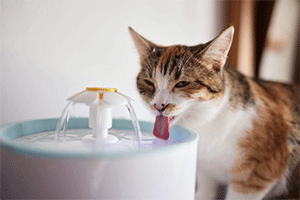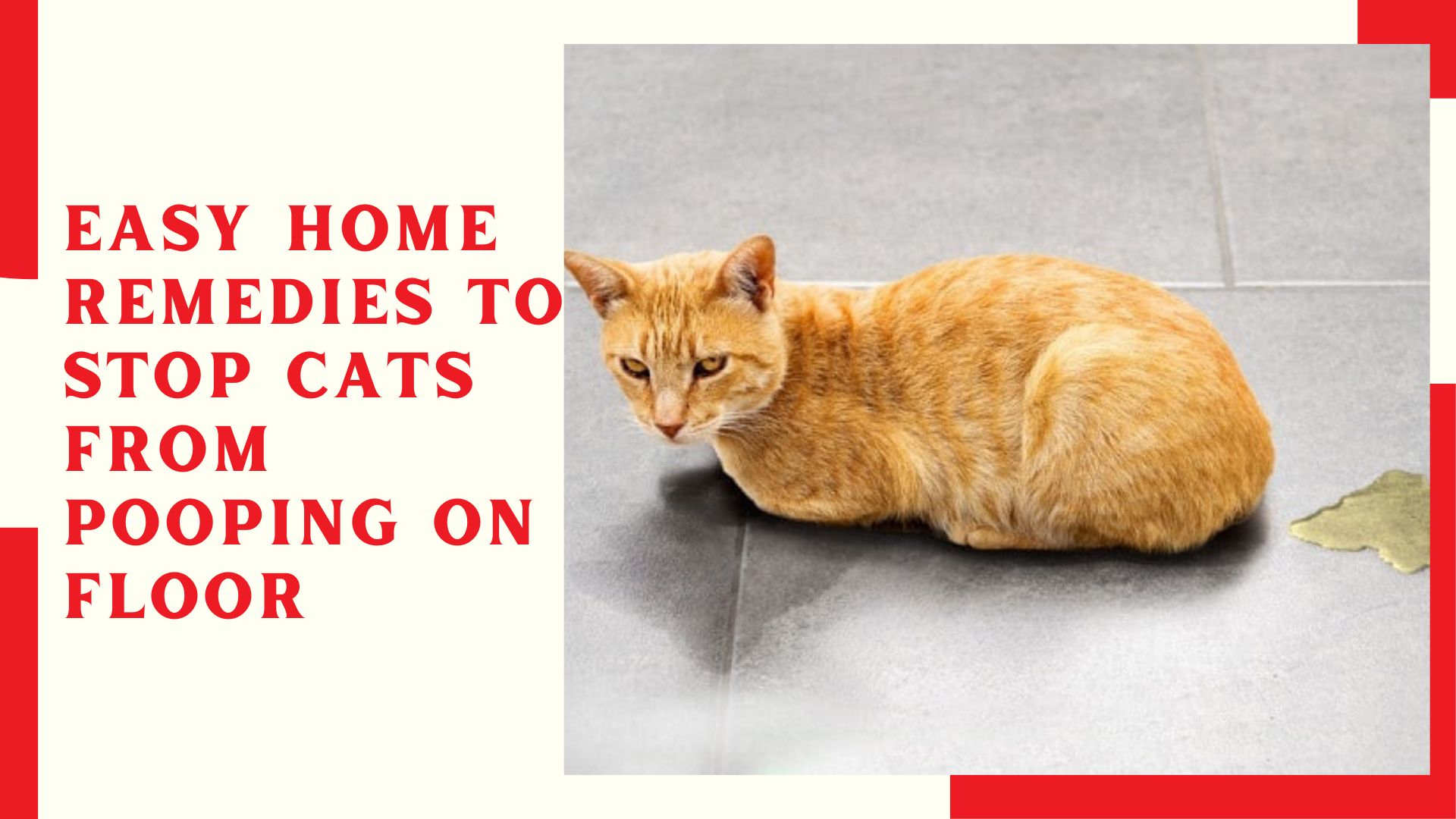Bladder stones in cats are painful and uncomfortable, which affects their urinary tract and overall well-being. These stones, also known as uroliths or cystic calculi, are formed from minerals that crystallize and aggregate in the bladder. While veterinary care is essential for diagnosing and treating bladder stones, natural remedies, and preventive measures can help dissolve existing stones and prevent their recurrence.

Increased Water Intake:
One of the most crucial steps in managing bladder stones in cats is to encourage increased water intake. Your cats will love having fresh, clean water available in multiple spots throughout your home.
A pet fountain can be beneficial for cats who prefer running water. Give your feline friends the hydration they need!Wet food can also contribute to higher water intake compared to dry kibble.
Dietary Modifications:
Dietary changes can play a significant role in managing bladder stones. Specialized diets formulated to promote urinary health may contain ingredients that help dissolve stones or prevent their formation. Look for cat foods labeled as "urinary care" or "urinary tract health." These diets typically have controlled levels of certain minerals and ingredients to maintain urinary pH balance and reduce crystal formation.
Cranberry Supplements:
cranberry supplements can work wonders for cats with urinary tract issues, just like they do for humans. Cranberries contain powerful compounds that prevent bacteria from sticking to the bladder wall, which can lower the risk of UTI and stone formation. This is great news for cat owners who want to keep their feline friends healthy and happy.
Herbal Remedies:
Several herbs have traditionally been used to support cats' urinary health. Dandelion, nettle, and horsetail are among the herbs that have diuretic properties and can help increase urine production and flush out crystals from the bladder. However, it's essential to consult with a veterinarian before administering any herbal remedies to ensure they are safe for your cat and won't interfere with any other medications.
Apple Cider Vinegar:
It is a well-regarded natural remedy for bladder stones in felines. The acidity in vinegar has been known to dissolve certain types of stones with great success.

However, the effectiveness of this remedy is not well-established, and there is a risk of causing gastrointestinal upset if not administered properly. Always consult with a veterinarian before trying alternative treatments like apple cider vinegar.
Regular Monitoring and Veterinary Care:
While natural remedies can be supportive, it's important to prioritize proper veterinary care. Regular check-ups with a trusted veterinarian are key to monitoring your cat's urinary health, especially if they have a history of bladder stones. Your vet can perform diagnostic tests, like urinalysis and imaging, to evaluate the presence and composition of stones and suggest tailored treatment options. Let's work together to keep your fur baby thriving!
Environmental Enrichment:
Stress can exacerbate urinary issues in cats, so providing a stimulating and stress-free environment is crucial. Enrichment activities such as interactive toys, scratching posts, and vertical space can help alleviate boredom and anxiety, reducing the risk of stress-related urinary problems.
Conclusion
while natural remedies can complement veterinary care in managing bladder stones in cats, it's essential to approach them with caution and under the guidance of a veterinarian. Encouraging increased water intake, implementing dietary modifications, and incorporating natural supplements may help dissolve existing stones and prevent their recurrence. However, regular veterinary monitoring and appropriate medical interventions remain paramount in ensuring the health and well-being of cats affected by bladder stones.



